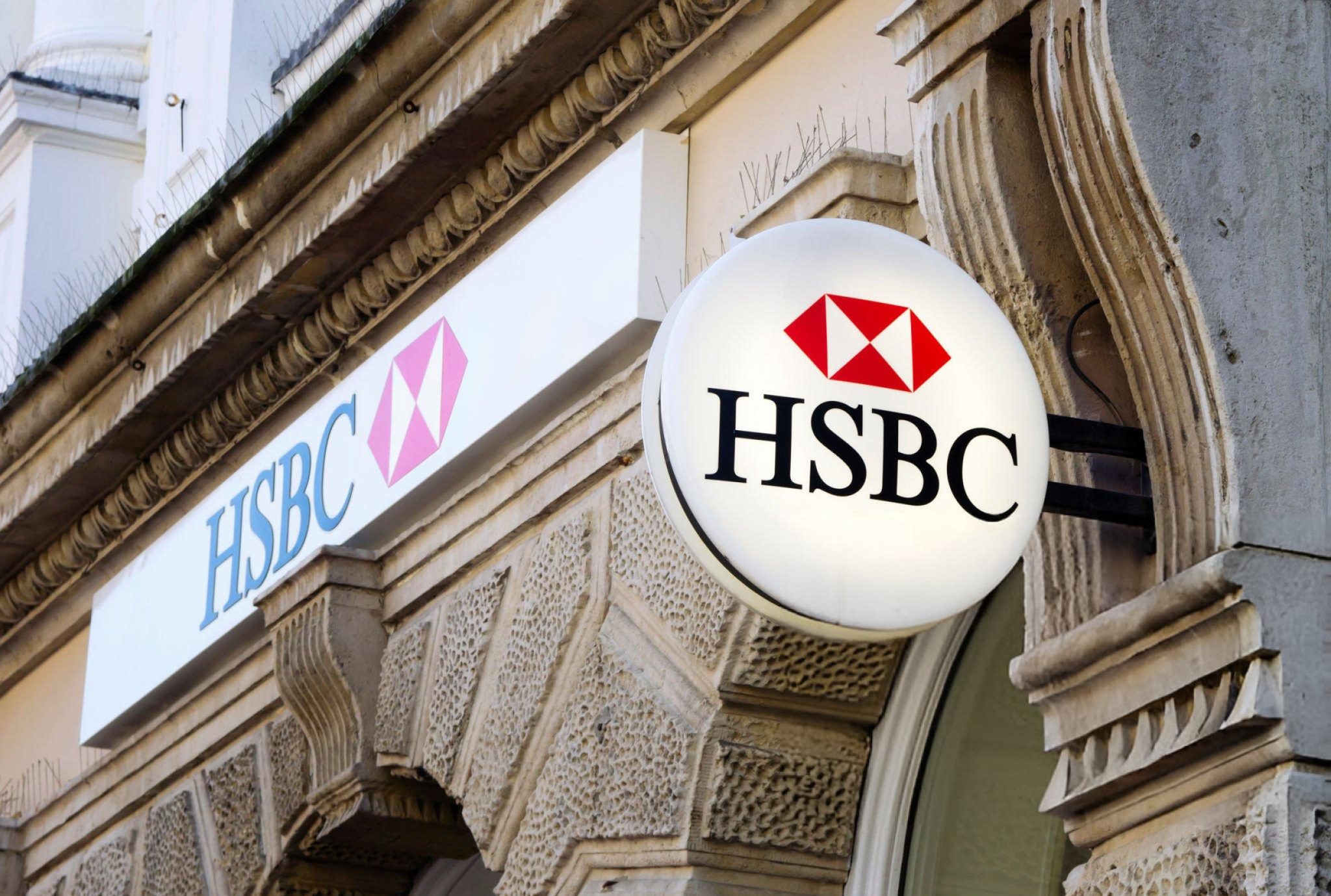Bank under scrutiny over backtracking on net zero targets and coal financing links
LONDON — HSBC is bracing for a wave of shareholder pressure at its annual general meeting in London on Friday, as investors and campaigners demand clarity and renewed ambition on the bank’s climate commitments.
The UK’s largest bank will face questions over its recent decision to delay a key net zero target, with campaigners warning that the move sends a troubling signal about its climate leadership. The meeting is expected to be dominated by concerns raised by ShareAction, a responsible investment group, which plans to read a formal statement on behalf of 30 institutional investors.
These investors — including Nest Corporation, Trinity College Cambridge, and Rathbones Investment Management — are urging HSBC’s board to use its current review of climate targets as an opportunity to strengthen its goals, not weaken them.
In February, HSBC disclosed in its annual results that it had quietly pushed back its target to achieve net zero emissions from its own operations and supply chain by 20 years. Originally set for 2030 using a 2019 baseline, the target now extends to 2050 — aligning it with broader corporate net zero aims but diluting its near-term accountability.
Even more significantly, the bank announced a review of its 2030 emissions targets for its financed activities — particularly its support for fossil fuel companies. Campaigners fear this could lead to further rollbacks on commitments to phase out funding for the most polluting industries.
Jeanne Martin, head of ShareAction’s banking programme, said the bank’s recent decisions have “sent deeply concerning signals” regarding its commitment to tackling the financial risks posed by global heating. “HSBC was once seen as a leader in climate finance, especially after it pledged to halt funding for new oil and gas projects. But now, responsible investors are being left in the dark about where the bank stands,” she said.
In a further blow to the bank’s green credentials, an investigation by The Bureau of Investigative Journalism and The Independent revealed HSBC played a leading role in raising $1 billion (£750 million) for mining giant Glencore in May 2023. The report points out that Glencore had increased coal production in the two years prior — despite HSBC’s 2021 pledge to cease financing firms expanding coal operations “as soon as possible.”
ShareAction plans to question the bank on whether this fundraising deal breached its internal sustainability rules. The bank has declined to comment on client relationships but insisted that its actions remain governed by a “clear set of sustainability risk policies” aligned with its 2050 net zero ambition.
Campaigners will also use the AGM to address the social and environmental impact of liquefied natural gas (LNG) projects in the Rio Grande valley in Texas, which have raised alarm among indigenous communities. Additionally, ShareAction is expected to ask the board to confirm whether it will continue to hold in-person AGMs in future, following reports of a potential shift to virtual-only meetings — a move many see as a blow to shareholder transparency.
HSBC’s chair and senior leadership team are set to respond to the questions raised at Friday’s AGM.
Martin warned that investors are watching closely: “As one of the largest global banks with deep exposure in climate-vulnerable regions, HSBC has a particular duty to lead — not retreat — on the climate front. If the board fails to show that it is still serious about climate risk, it should not expect shareholders to remain silent.”
The outcome of the meeting could prove pivotal for the bank’s environmental strategy and its reputation among socially conscious investors.






